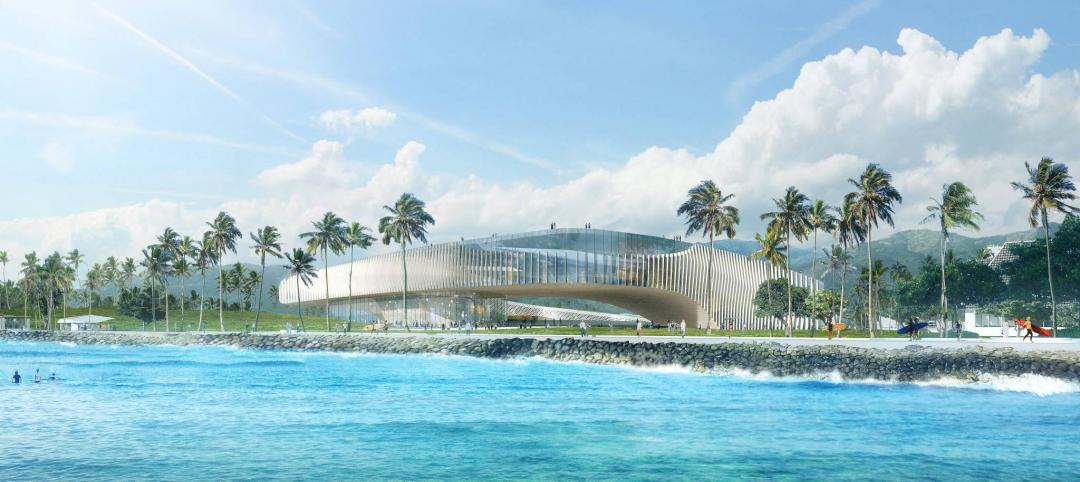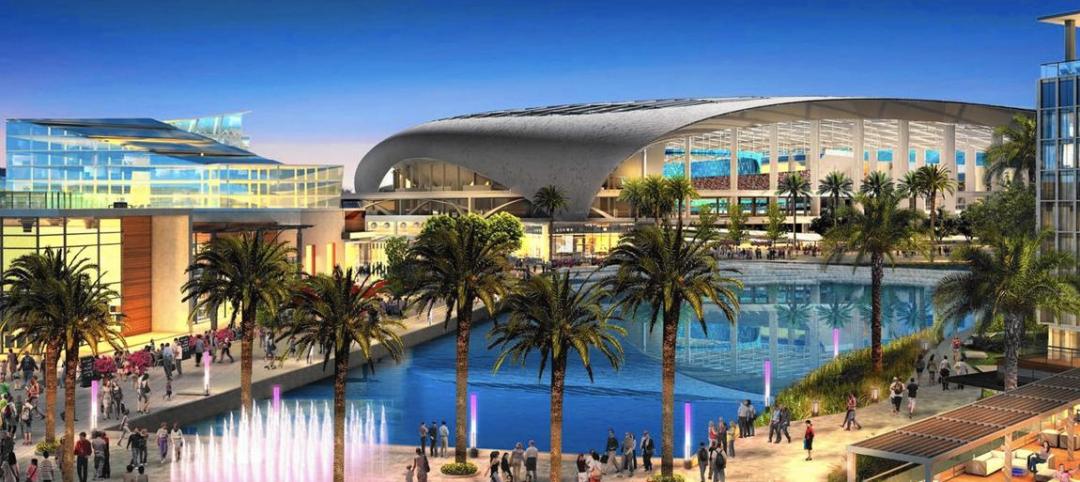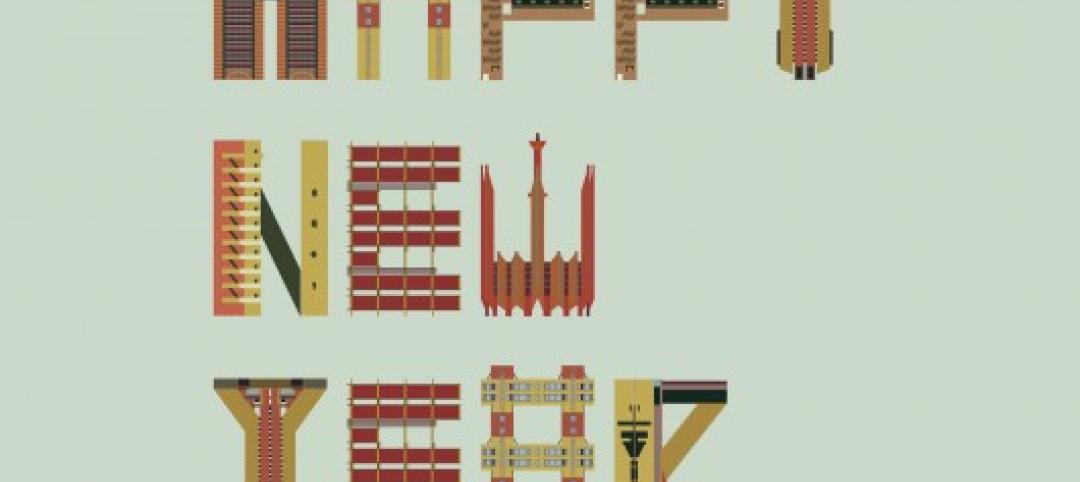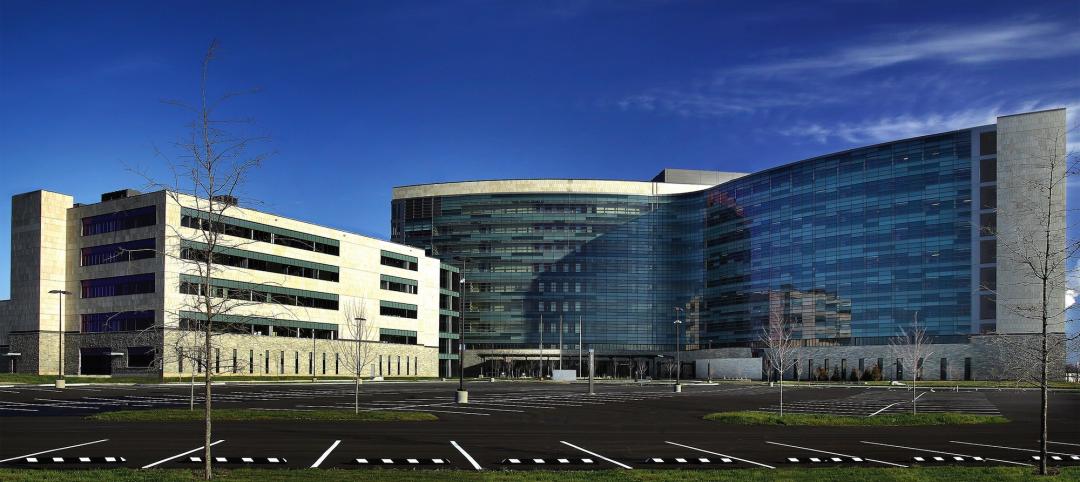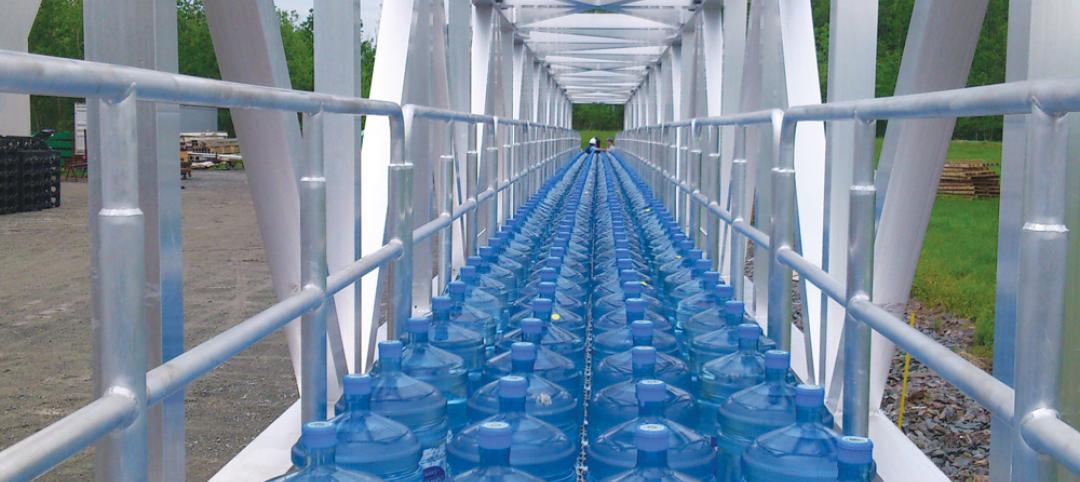Perkins Eastman and BLT Architects (BLTa) have recently announced their merger, effective February 1, 2022.
Perkins Eastman, which now has 1,100+ employees in 24 studios worldwide, has worked on projects on five continents in 60 countries. Its award-winning portfolio reflects expertise in healthcare, senior living, large-scale mixed use, higher education, K-12, hospitality, and workplace design as well as planning, urban design, and strategic consulting. BLTa, now known as “BLTa—A Perkins Eastman Studio,” has built an exceptionally strong integrated architecture and interior design firm of 41 professionals with deep roots in Philadelphia. With a studio in Pittsburgh for the last 27 years, Perkins Eastman has built a strong presence throughout Pennsylvania, especially in Western Pennsylvania. The addition of the BLTa studio strengthens the firm’s presence in the eastern part of the state as well. In merging with BLTa, Perkins Eastman enhances its expertise in mixed-use, multi-family residential, hospitality, workplace, higher education, historic renovations, adaptive reuse conversions, resorts and gaming, and transit-based projects.
“We are very pleased that BLTa has joined us and we now have a strong partner in Philadelphia. We have had the opportunity to get to know BLTa over the last several years and believe they bring significant skills and experience to our national practice. Moreover, we have always had important clients in Philadelphia, eastern Pennsylvania, and the adjacent states, and with BLTa we can now better serve those that want a combination of our national expertise combined with experienced local delivery and service,” says Brad Perkins, FAIA, chairman and co-founder of Perkins Eastman.
“We are thrilled to be merging with Perkins Eastman,” says Michael L. Prifti, FAIA, managing principal of BLTa, who joined the firm in 1982, back when it was known as Bower Lewis Thrower/Architects. “This union will give us the opportunity to serve our national clients in jurisdictions where we don’t currently practice. Perkins Eastman has new markets we’ve never touched. And with more feet on the ground, we can more easily and geographically serve our clients,” he says. Prifti also notes this merger will give BLTa’s architects and designers opportunities to diversify their projects and continue to grow as professionals.
Recent award-winning properties within the BLTa portfolio include: The Stephen Girard Building, where the firm revealed and preserved elegant design elements, integrating a 236-key Canopy by Hilton hotel within East Market, the one-million sf, ongoing transformation of a three square block area; The Bourse, a 380,000 sf adaptive reuse renovation of the first commodities exchange hall in the United States; and One City, an adaptive reuse project that converted an 1899 Renaissance Revival office building into a market-rate apartment building. Each of these properties won a Grand Jury 2021 Preservation Achievement Award given by the Preservation Alliance for Greater Philadelphia. The Stephen Girard Building and One City also won AIA Philadelphia Awards in the Historic Preservation/Adaptive Reuse Built category, and The Bourse won AIA Pennsylvania’s top prize – a Silver Medal. Hospitality Design magazine named Live! Casino and Hotel Philadelphia among the Best Hotel Openings of 2020. Live! Casino Pittsburgh, another BLTa design, also opened in 2020.
Shawn Basler, co-CEO and executive director of Perkins Eastman, notes that combining Perkins Eastman’s 40 years of global experience with BLTa’s 60 years of local expertise and relationships creates a powerful combination. “They’ll be able to draw on our well-established market credibility and resources, as well as geographic reach, while we’ll be able to tap into their deep knowledge of the Philadelphia metropolitan region along with their considerable expertise.”
Related Stories
Smart Buildings | Jan 7, 2015
Best practices for urban infill development: Embrace the region's character, master the pedestrian experience
If an urban building isn’t grounded in the local region’s character, it will end up feeling generic and out-of-place. To do urban infill the right way, it’s essential to slow down and pay proper attention to the context of an urban environment, writes GS&P's Joe Bucher.
| Jan 6, 2015
Construction permits exceeded $2 billion in Minneapolis in 2014
Two major projects—a new stadium for the Minnesota Vikings NFL team and the city’s Downtown East redevelopment—accounted for about half of the total worth of the permits issued.
| Jan 6, 2015
Snøhetta unveils design proposal of the Barack Obama Presidential Center Library for the University of Hawaii
The plan by Snøhetta and WCIT Architecture features a building that appears square from the outside, but opens at one corner into a rounded courtyard with a pool, Dezeen reports.
| Jan 5, 2015
Another billionaire sports club owner plans to build a football stadium in Los Angeles
Kroenke Group is the latest in a series of high-profile investors that want to bring back pro football to the City of Lights.
| Jan 5, 2015
Beyond training: How locker rooms are becoming more like living rooms
Despite having common elements—lockers for personal gear and high-quality sound systems—the real challenge when designing locker rooms is creating a space that reflects the attitude of the team, writes SRG Partnership's Aaron Pleskac.
| Jan 2, 2015
Illustrations of classic architecture bring in the new year with style
New York-based designer Xinran Ma has illustrated a New Year's greeting card that assembles pieces of various brutalist and modernist architecture.
| Jan 2, 2015
Construction put in place enjoyed healthy gains in 2014
Construction consultant FMI foresees—with some caveats—continuing growth in the office, lodging, and manufacturing sectors. But funding uncertainties raise red flags in education and healthcare.
| Dec 30, 2014
A simplified arena concept for NBA’s Warriors creates interest
The Golden State Warriors, currently the team with the best record in the National Basketball Association, looks like it could finally get a new arena.
| Dec 30, 2014
The future of healthcare facilities: new products, changing delivery models, and strategic relationships
Healthcare continues to shift toward Madison Avenue and Silicon Valley as it revamps business practices to focus on consumerism and efficiency, writes CBRE Healthcare's Patrick Duke.
| Dec 29, 2014
High-strength aluminum footbridge designed to withstand deep-ocean movement, high wind speeds [BD+C's 2014 Great Solutions Report]
The metal’s flexibility makes the difference in an oil rig footbridge connecting platforms in the West Philippine Sea. The design solution was named a 2014 Great Solution by the editors of Building Design+Construction.





